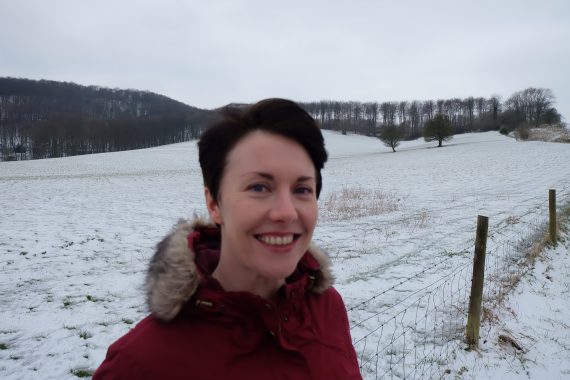Dr Samantha Atherton: Finding an ally

I can’t work out why I’m so nervous. After all, it’s not like I haven’t been here before. Just a waiting room, not so dissimilar from the one at the practice where I had been a registrar up until a few months ago.
Maybe it’s quieter; more old ladies, less screaming children, and no one shouting at the receptionists. It is familiar though, and I’ve been here more often in the past eight weeks than I have in the preceding two years. So I can’t blame the nervousness on a lack of familiarity.
A more reasonable explanation might be that I’m not very well, that the anxiety and depression that have settled over my life like a fog for the past year and so spectacularly ended my ED placement not long back are still playing havoc with my mind. The sheer amount of energy it takes just to stay out of bed at the moment should be a clue, but the sensible bit of my brain that’s good at working things out seems to have taken a leave of absence.
Part of the problem is that I am, essentially, about to get a second opinion. My doctor, who I’d confided in when things had gone to shit and who had started me on antidepressants and signed me off for a couple of weeks, has retired. Back to square one, then.
I enter the consultation room a nervous wreck
So I wait, playing with my phone and trying ignore the questions that are poking into my subconscious and pushing my heart rate higher than the cycle to the surgery did. What if the new GP decides I’m not depressed? What if he decides I’m just crap, or lazy, or even crap and lazy? I’m pretty certain that’s what every doctor in ED thinks of me right now. What if he tells me to man up and crack on?
The reasonable part of my brain tries to talk some sense into me. If I was back on my preferred side of the desk there’s no way on earth that doctor-me would ever do that to patient-me, or anyone else for that matter. It fails spectacularly, and I enter the consultation room a nervous wreck.
I needn’t have worried. The consultation that followed has informed my own practice in so many ways. A gentle risk assessment, an exploration of what the depression had stolen from me, and an understanding that there is more to me than my ability to do my job. I felt more human at the end of it.
The main thing, though, was the feeling that my GP was on my side. Not a friend, a prescriber, or a signer of sick notes, but someone who would help and push me restore my health and sanity even when that felt impossible. This is what I have learned from my time on the other side of the consulting desk, and what I endeavour to offer my own patients; an ally to help them get themselves well.
Dr Samantha Atherton is a GP registrar in Fareham, Hampshire
Click here to read all the entries to Pulse’s annual writing competition
Pulse July survey
Take our July 2025 survey to potentially win £1.000 worth of tokens











